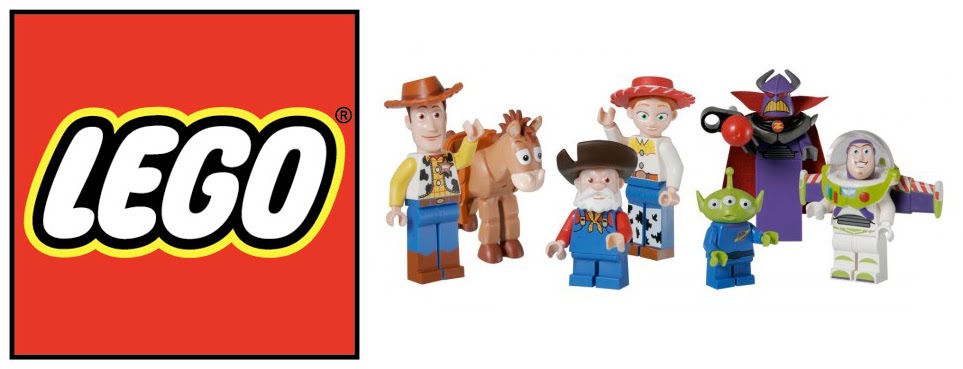In this game when nothing matters but the swish of the net into that iron ring, a poignant story to remind us that there is more to it than just the suffering after a loss or the joy after a win. This is the 1st and maybe only article on Mr. 23:
“HI, CORNELIUS.”
By Bob Greene
I had been writing a newspaper column for almost 20 years. As part of my work I had seen some of the darkest and unhappiest aspects of human nature, and I had written about them. It was beginning to get to me.
There were nights when I would go home from work and question the very nature of humanity, and wonder if there was any answer to the remitting cruelty I was observing and writing about so often. Part of this had to do with a particular case I had been covering. The case involved one of the worst crimes I had ever encountered.
A beautiful, bright-eyed, four-year-old boy name Lattie McGee had been systematically tortured over the course of a long
All that summer his life dwindled agonizingly away in that closet, and no one knew he was there; no one heard his muffled cries. After his death, when the police discovered what had been done to him, I wrote column after column about the people who had murdered him. So many cases of impoverished children from forgotten neighborhoods get lost in the court system. I wanted to make sure that Lattie McGee received justice, or something close to it.
With all the public interest in Lattie because of the columns, the story of his brother, whose name was Cornelius Abraham, did not receive as much attention. The same things that were done to Lattie were done to Cornelius, too. Somehow he survived. He watched his brother slowly being killed and was unable to stop the killers. Cornelius' brave testimony in court is what helped to convict them.
By the end of the trial Cornelius had just turned nine. He was a thin, extremely quiet boy; with his little brother dead and his mother and her boyfriend in prison, he was living with other relatives. The two great loves of his life were reading and basketball.
In one of the columns I had written about Lattie, I had mentioned Cornelius' passion for basketball. Steve Schanwald, a vice president of the Chicago Bulls, had read the column and left a message at my office. Though tickets to Bulls' games were without exception sold out, Schanwald said that if Cornelius would like to come to a game he would be sure there were tickets available. Jim Bigoness, the
To every
We walked down a stairway, until we were in a lower-level hallway. Cornelius stood between us. Then a door opened and a man came out. Cornelius looked up, and his eyes filled with a combination of wonder and awe and total disbelief.
Cornelius tried to say something; his mouth was moving but no words would come out. He tried to speak and then the man helped out by speaking first.
"Hi, Cornelius," the man said. "I'm Michael Jordan."
Jordan went back into the locker room to finish dressing for the game. Bigoness and I walked Cornelius back upstairs to the court. There was one more surprise waiting.
Cornelius was given a red shirt of the kind worn by the Bulls' ball boys. He retrieved balls for the players from both teams as they warmed up.
Then, as the game was about to begin, he was led to
I wanted to thank
After the game, in the locker room after the last sportswriter left, Jordan got up to retrieve his gym bag and head for home. As he walked toward the door of the locker room he saw me and stopped, and I said, "I just wanted to tell you how much Cornelius appreciated what you did for him."
For a second I had the strange but undeniable impression that perhaps this was a man who didn't get thanked all that often - or at least that there were so many people endlessly lining up to beseech him for one thing or another that all he was accustomed to was the long file of faces in front of him wanting an autograph, a favor, a moment of his time, faces that would immediately be replaced by more faces with more entreaties. He stood there waiting, as if he was so used to ceaselessly being asked for things that he thought my thanks on Cornelius' behalf might be the inevitable preface to petitioning him for something else.
When I didn't say anything, he said, "That's why you came back down here?"
"Well I don't think you know how much today meant to Cornelius," I said.
"No, I'm just surprised that you came back down to tell me," he said.
"My mom would kill me if I didn't," I said, smiling.
"She tried to raise me right."
He smiled back, "Mine, too," he said.
We shook hands and I turned to leave and I heard him say,
"Do you come out to a lot of games?"
"First one," I said.
"Well, you ought to come back," he said.
END







